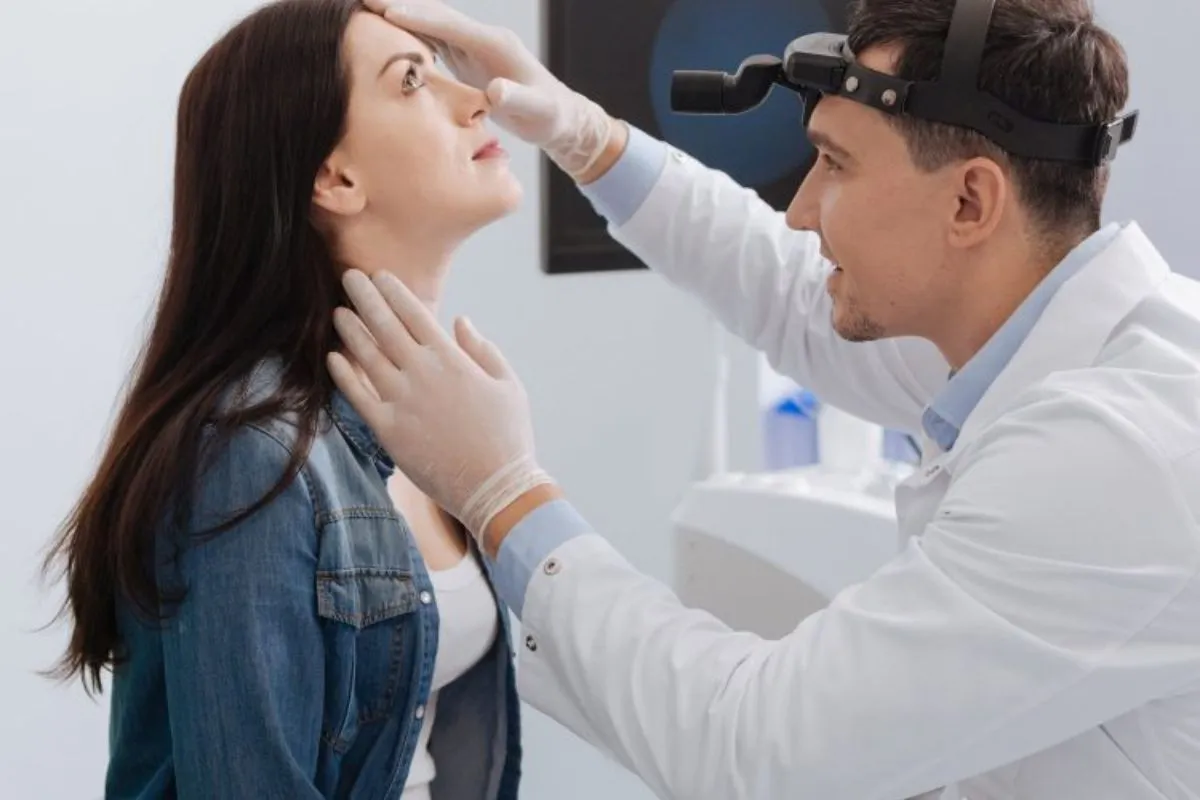Many people feel confused when searching for speech therapy near NJ especially when terms like voice therapy appear alongside it. Both sound similar, but they address very different challenges. You might be wondering: if you struggle to speak clearly or your voice often feels strained, which kind of therapy do you actually need?
This guide breaks down the difference between speech therapy and voice therapy, explaining how each works, who it helps, and how to know which one is right for you. Whether you’re a parent looking for services for your child or an adult experiencing changes in your voice or speech, understanding these distinctions can help you make an informed, confident decision about your treatment.
What Is Speech Therapy?
Speech therapy focuses on how we use words, sounds, and language to communicate. When searching for ‘speech therapist near me’ it is important to know that a licensed professional of speech therapy helps individuals improve articulation, fluency, and overall communication ability.
Therapy may also cater to certain issues like swallowing or comprehension after illness or injury.
For children, speech therapy often supports early language development, helping them express themselves, form sentences, and build vocabulary. For adults, it can restore clarity and fluency after conditions such as stroke, traumatic brain injury, or Parkinson’s disease.
Many families and professionals seek adult speech therapy near NJ to regain confidence in speaking at work or in social settings. Sessions might include targeted sound drills, breathing exercises, or conversational practice made specifically to strengthen both clarity and comprehension. The ultimate goal is obviously functional communication, enabling people to express thoughts clearly, connect with others, and participate fully in daily life.
What Is Voice Therapy?
While speech therapy focuses on what you say, voice therapy focuses on how you sound when you speak. It addresses the health and function of your vocal mechanism, your vocal cords, breath support, and resonance.
Voice therapy is ideal for individuals experiencing chronic hoarseness, vocal fatigue, loss of pitch range, or pain when speaking. These issues often affect teachers, singers, public speakers, and professionals who use their voice a lot. The voice therapist near me search is your step towards help for retraining vocal patterns, reducing tension, and preventing further damage.
Sessions often include gentle vocal warm ups, posture adjustments, and breath control exercises. The overall aim is to restore vocal strength and flexibility while also improving long term vocal health. By learning how to use your voice efficiently, you can speak or sing comfortably without strain, an essential step for anyone whose voice is central to their identity or career.
Key Differences Between Voice and Speech Therapy
Although both therapies are to better your communication, their focus areas differ. Here’s how they compare:
| Aspect | Speech Therapy | Voice Therapy |
| Purpose | Improves clarity, articulation, fluency, and language use | Improves vocal quality, pitch, strength, and endurance |
| Target Audience | Children and adults with speech or language delays, stuttering, or post stroke difficulties | Individuals with hoarseness, vocal nodules, fatigue, or professional voice strain |
| Conditions Treated | Articulation disorders, language delays, stuttering, swallowing difficulties | Vocal cord lesions, laryngitis, voice misuse, muscle tension dysphonia |
| Techniques Used | Language modeling, articulation drills, cognitive-linguistic tasks | Resonant voice therapy, breathing and posture control, relaxation exercises |
| Expected Results | Clearer communication, stronger language skills, improved social interaction | Healthier, stronger, and more reliable vocal function |
In many clinical settings, including our speech therapy Long Valley NJ practice, both services are offered together. This approach makes sure clients receive a personal plan that caters to their individual communication and voice needs.
How to Know Which One You Need
Not sure whether you need speech or voice therapy? Consider the why behind your concern.
- Scenario 1: A teacher feels her throat tighten and her voice fade after long hours of lecturing → she likely needs voice therapy to reduce strain and strengthen her vocal endurance.
- Scenario 2: A stroke survivor struggles to find words or pronounce them clearly → adult speech therapy near NJ would target communication recovery and articulation.
- Scenario 3: A child mispronounces sounds or lags behind in language development → ‘pediatric speech therapy near me’ may help.
If you’re still uncertain, professional evaluation is key. At Mindful Speech & Voice in Long Valley, NJ, specialists assess both speech and vocal patterns to determine which therapy or combination is right for you. Through expert guidance, clients learn not only to communicate better but also to protect and sustain their voices for years to come.
Conclusion
In simple terms, speech therapy builds clarity; voice therapy builds strength. Both are meant to give you a confident, and healthy way to communicate.
Whether you’re seeking speech therapy near me for language improvement or voice therapy NJ for vocal recovery, specific care makes all the difference. If you’ve been searching for a speech therapist near me who understands your challenges or if you’re still unsure which therapy fits, our team in Long Valley is ready to help.
Book Your Consultation Today and take the first step toward clearer communication and a stronger, healthier voice.


